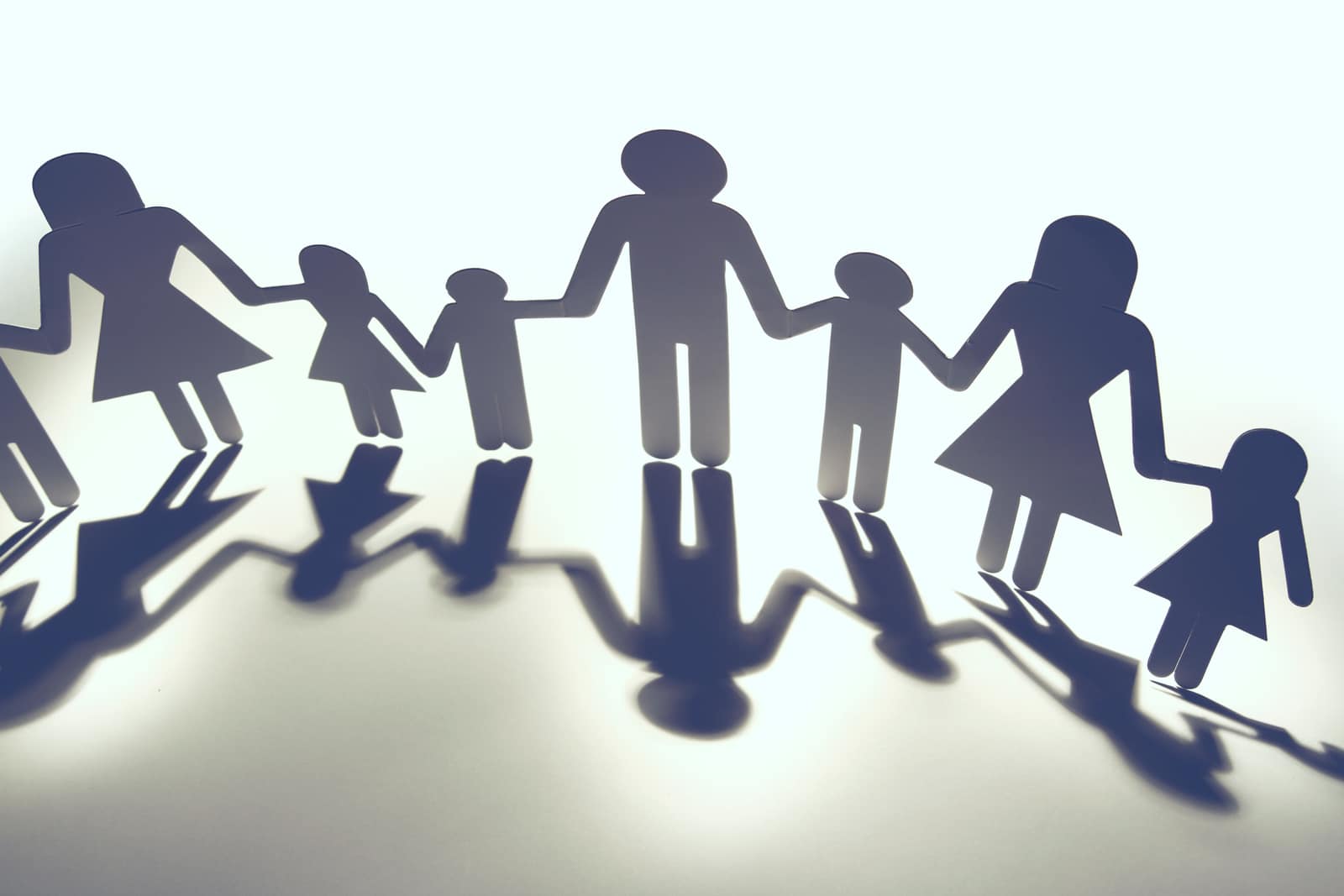Family Counseling

Families are all different in shapes and sizes, but every family handles a variety of stressors as they navigate getting needs met, resolving conflict, and communicating clearly. Our therapists are specifically trained to understand and meet the unique developmental needs of each member of the family unit – children, teens, and parents.
Through a variety of techniques such as play, family collaboration, co-parenting facilitation, and parent education we seek to equip your family with the tools you need to be connected and strong.
Licensed marriage and family therapists have been thoroughly trained and educated to assess and effectively treat psychological conditions and poorly functioning families. Which family members attend family counseling sessions will depend on the unique needs and circumstances and may include all or only some members as well as individual sessions.
The counselor aids the family in understanding more clearly how their family functions and in what ways the family system is contributing to relationship conflicts and individual physical or psychological illness. Families learn alternate strategies for handling problems and developing more positive interactions. When family counseling is initiated due to the behavior or illness of a specific member, the counselor can work with other members to better understand the individual’s condition, how it impacts the family as a whole and in what ways their own behaviors may have contributed to maintaining the problem.
There are many reasons that families seek therapy. Sometimes there is…
- A specific problem to be solved (which school does my child attend next year?)
- A pattern to be changed (communication, family cohesion, playing together, etc.)
- A dynamic to be restructured (power dynamics in the family are off, someone is sick, behavior problems are hijacking the family)
- An issue to be processed (trauma, affairs, emotions, hurt, loss, etc.)
- Sometimes families need to learn a skill and other times they need someone to walk with them and help to mediate conflict and communication.
We meet with families for short term needs as well as longer term solutions.
Children come to therapy for a variety of reasons including resolving conflicts with others, understanding an d appropriately expressing feelings, trying out new solutions to problems, and receiving additional emotional support through transitions in life. The therapist will work with the child, parents, doctors, and school to develop goals for therapy. The specific goals of therapy can range from changing a specific behavior, developing self-esteem, developing social skills, dealing with a traumatic experience, understanding their parents divorce, coping with a developmental delay, improving communication skills and more.
Here are a few things parents can identify that may indicate they are in distress and that counseling could be critical to their overall well-being:
- Drastic changes in sleep patterns or appetite
- Beginning to engage in behaviors that are not characteristic—i.e., avoiding spending time with family, isolating from friends, etc
- Having an increasingly short temper, increased irritability
- Physical complaints such as chest pain, headaches, stomach aches can all be signs of chronic stress
- Changes in performance at school or sports
- Withdrawing from family and/or friends
- Express thoughts or behaviors of self-harm or suicide
When parents call to schedule an appointment or are in our office, they often express one or more of the following concerns…
- I feel like my teen is off but I don’t know why.
- Are they just in a phase or should I be worried?
- What is “normal” for their age?
- My teen spends a lot of time in his/her bedroom.
- Isn’t it just because of their raging hormones?
- I don’t know what is going on with my teen.
- Should I be worried if my teen is “experimenting” with alcohol and drugs?
- My teen complains about being stressed and overwhelmed and I don’t know why.
We believe that most parents are doing their best to parent their teens well. If you’ve hit a bump in the road or an all out crisis w are here to support you and your teen through the challenge. We are here to help set expectations, developing effective coping strategies, and effectively facilitate communication.
Let us help you reach your full potential.
Become more resilient, learn to develop better coping skills and begin to find meaning and joy.
Contact Us

